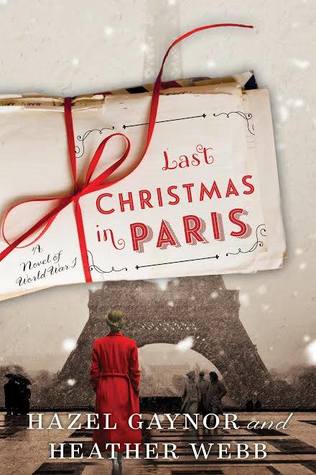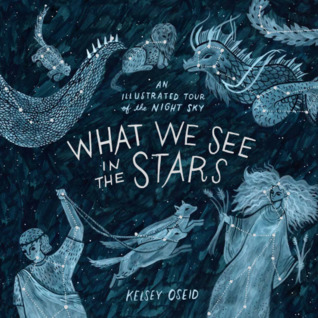
Praise for Last Christmas in Paris
“Beautifully told…the authors fully capture the characters’ voices as each person is dramatically shaped by the war to end all wars.”—Booklist
“For fans of The Guernsey Literary and Potato Peel Society comes another terrific epistolary historical novel that is simply unputdownable […] this remarkable novel will undoubtedly go on my keeper shelf.” —Karen White, New York Times bestselling author of The Night the Lights Went Out
“Humor, love, tragedy, and hope make for a moving, uplifting read. A winner!” —Kate Quinn, author of The Alice Network
“An extraordinary epistolary novel that explores the history and aftermath of the Great War in a sensitive, memorable and profoundly moving fashion. A book to savor, to share and discuss with friends, and above all to cherish.” —Jennifer Robson, international bestselling author of Goodnight from London
“There is a special talent to writing the epistolary novel and Gaynor and Webb have mastered it. Letter by letter, the complex lives of Evie and Thomas unfold as WWI wages on, bringing with it the heartbreaking news of physical and emotional casualties. And yet, in the midst of such sacrifices, an ever-deepening love surfaces, finding a unique way to live on in this devastatingly beautiful work of historical fiction.”—Renee Rosen, author of Windy City Blues
About the Authors
HEATHER WEBB is the author of historical novels Becoming Josephine and Rodin’s Lover, and the anthology Fall of Poppies, which have been featured in the New York Times, Wall Street Journal, Cosmopolitan, Elle, France Magazine, and more, as well as received national starred reviews. RODIN’S LOVER was a Goodreads Top Pick in 2015. Up and coming, Last Christmas in Paris, an epistolary love story set during WWI will release October 3, 2017, and The Phantom’s Apprentice, a re-imagining of the Gothic classic Phantom of the Opera from Christine Daae’s point of view releases February 6, 2018. To date, her novels have sold in ten countries. Heather is also a professional freelance editor, foodie, and travel fiend.
HAZEL GAYNOR is the New York Times and USA Today bestselling author of A Memory of Violets and The Girl Who Came Home, for which she received the 2015 RNA Historical Novel of the Year award. Her third novel The Girl from the Savoy was an Irish Times and Globe & Mail Canada bestseller, and was shortlisted for the BGE Irish Book Awards Popular Fiction Book of the Year. The Cottingley Secret and Last Christmas in Paris will be published in 2017.
Hazel was selected by US Library Journal as one of ‘Ten Big Breakout Authors’ for 2015 and her work has been translated into several languages. Originally from Yorkshire, England, Hazel now lives in Ireland.




